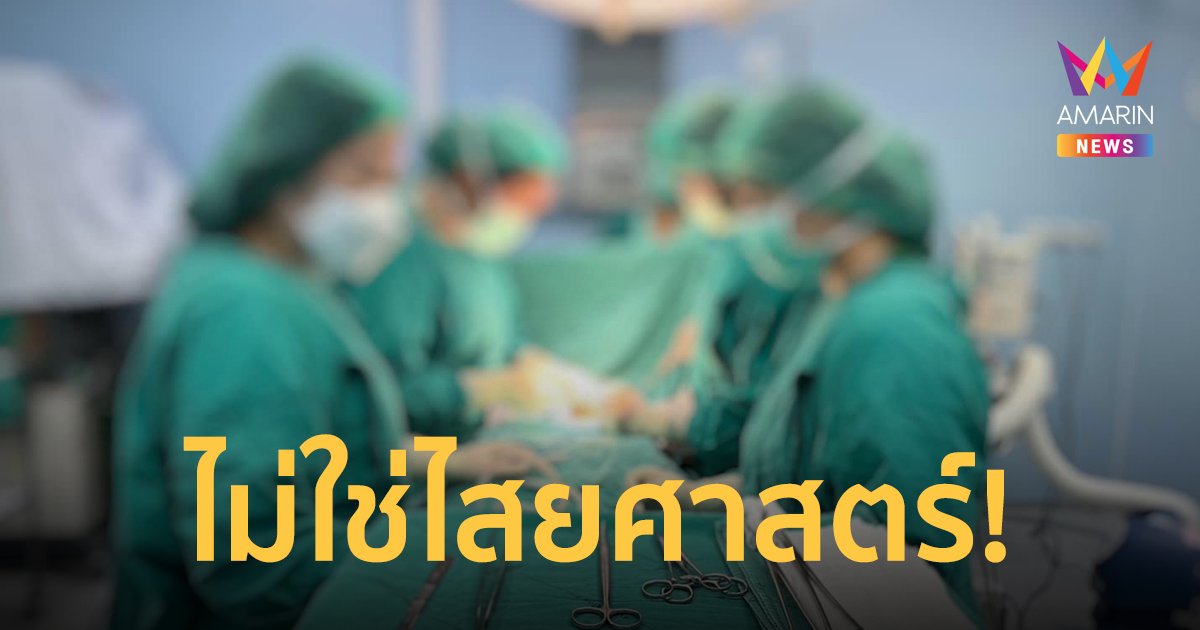“We found ten torture chambers in the Kherson region, four of them in the city of Kherson,” Lubinec said. “In one of the torture chambers, we found a separate room, a cell where children were kept… the occupants also called it that, a children’s cell,” the ombudsman added. The cell differed from neighboring rooms only in that there were thin mats on the floor, he described.
According to Lubinka, there were children in the cells who, in the eyes of the occupiers, were resisting. A fourteen-year-old boy, for example, for photographing destroyed Russian military equipment. The children were subjected to psychological pressure. For example, soldiers told them their parents had left them and would never come back, Lubinec described the methods.
Lubinec also said that since the invasion began in February, some 12,000 Ukrainian children have been taken to Russia, 8,600 of them forcibly.
Kherson, the only regional center that the Russian military has managed to control at least temporarily since the invasion of Ukraine in February, was recaptured by the Ukrainian army on 11 November. Since then, Russian forces have regularly shelled the city across the Dnieper River, resulting in civilian casualties.
The deputy head of the occupied part of the Kherson region was injured in a bomb attack
foreign


